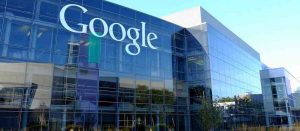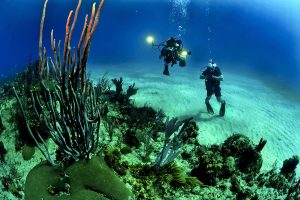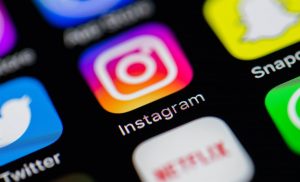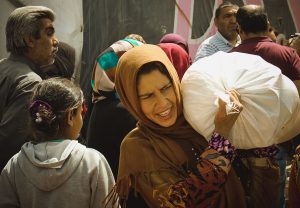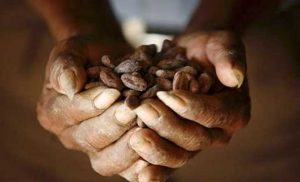Do-it-yourself biology
Do-it-yourself biology (DIY biology, DIY bio) is a growing biotechnological social movement in which individuals, communities, and small organizations study biology and life science using the same methods as traditional research institutions.
DIY biology is primarily undertaken by individuals with limited research training from academia or corporations, who then mentor and oversee other DIY biologists with little or no formal training.
This may be done as a hobby, as a not-for-profit endeavour for community learning and open-science innovation, or for profit, to start a business.
Other terms are also associated with the do-it-yourself biology community. The terms biohacking and wetware hacking emphasize the connection to
Biohacking experiences many of the same criticisms as synthetic biology and genetic engineering already receive, plus other concerns relating to the distributed and non-institutional nature of the work, involving potential hazards with lack of oversight by professionals or governments.
Concerns about biohackers creating pathogens in unmonitored garage laboratories led the Federal Bureau of Investigation (FBI) to begin sending its representatives to DIYbio conferences in 2009.
Existing regulations are not specific to this field, so that the possibility of pathological organisms being created and released unintentionally or intentionally by biohackers has become a matter of concern, for example, in the spirit of the re-creation of the 1917 flu virus by Armed Forces Institute of Pathology researchers in 2005.
Wikipedia
